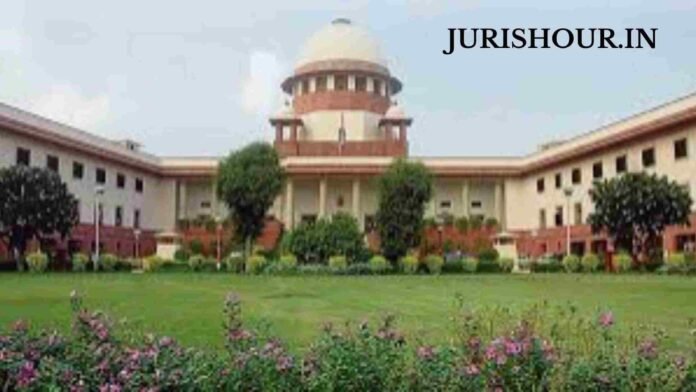The Supreme Court has reaffirmed that any transfer of property made during the pendency of a suit is invalid under the doctrine of lis pendens, dismissing an appeal filed by Shingara Singh against a Punjab and Haryana High Court judgment ordering specific performance of a land sale agreement.
A Bench of Justice Hrishikesh Roy and Justice Prashant Kumar Mishra upheld the High Court’s decision, holding that the subsequent purchaser of property during litigation cannot claim the status of a bona fide purchaser.
The case stemmed from an agreement to sell dated August 17, 1990, between Daljit Singh (plaintiff) and Janraj Singh (defendant no.1) for 79 kanals and 9 marlas of land priced at ₹80,000 per acre. An earnest money of ₹40,000 was paid, and the balance ₹7.54 lakh was to be paid by November 30, 1992.
Daljit Singh claimed readiness to complete the transaction, but Janraj Singh failed to appear before the Sub-Registrar. The plaintiff filed a suit on December 24, 1992, seeking specific performance.
During the suit’s pendency, Janraj Singh sold the property to Shingara Singhon January 8, 1993, for ₹6.45 lakh — significantly lower than the original agreed price.
The Trial Court found the agreement to be genuine but denied specific performance on the ground that the property had already been sold to Shingara Singh, who was held to be a bona fide purchaser. The plaintiff was granted only a refund of ₹40,000 with 12% interest.
The First Appellate Court upheld this view, finding the sale agreement collusive and ruling that lis pendens did not apply.
The Punjab and Haryana High Court overturned the lower courts, holding that the sale deed executed during the suit was hit by the doctrine of lis pendens and that Shingara Singh could not claim to be a bona fide purchaser. It noted that both defendants lived in the same village and that the sale consideration was suspiciously low.
The apex court upheld the High Court’s order, stressing that once litigation is pending, any alienation of the disputed property cannot affect the rights of the parties in the ongoing suit.
Citing Usha Sinha v. Dina Ram (2008) and Sanjay Verma v. Manik Roy (2006), the Bench observed that a purchaser during litigation is bound by the decree and cannot resist or obstruct its execution.
The Court also held that since the defendants did not file any cross-appeal against the finding that the agreement was genuine, the First Appellate Court erred in reversing it.
“Once the sale agreement is proved and the subsequent sale was during pendency of the suit, hit by the doctrine of lis pendens, the High Court was fully justified in decreeing specific performance,” the Bench held.
The Supreme Court dismissed Shingara Singh’s appeal and upheld the High Court’s decree for specific performance in favour of Daljit Singh. No costs were imposed.
Case Details
Case Title: Shingara Singh Versus Daljit Singh & Anr
Case No.: CIVIL APPEAL NO. 5919 OF 2023
Date: 14/10/2025
Read More: No Time Limit On Refund Of Mistaken GST Payment: AP HC

